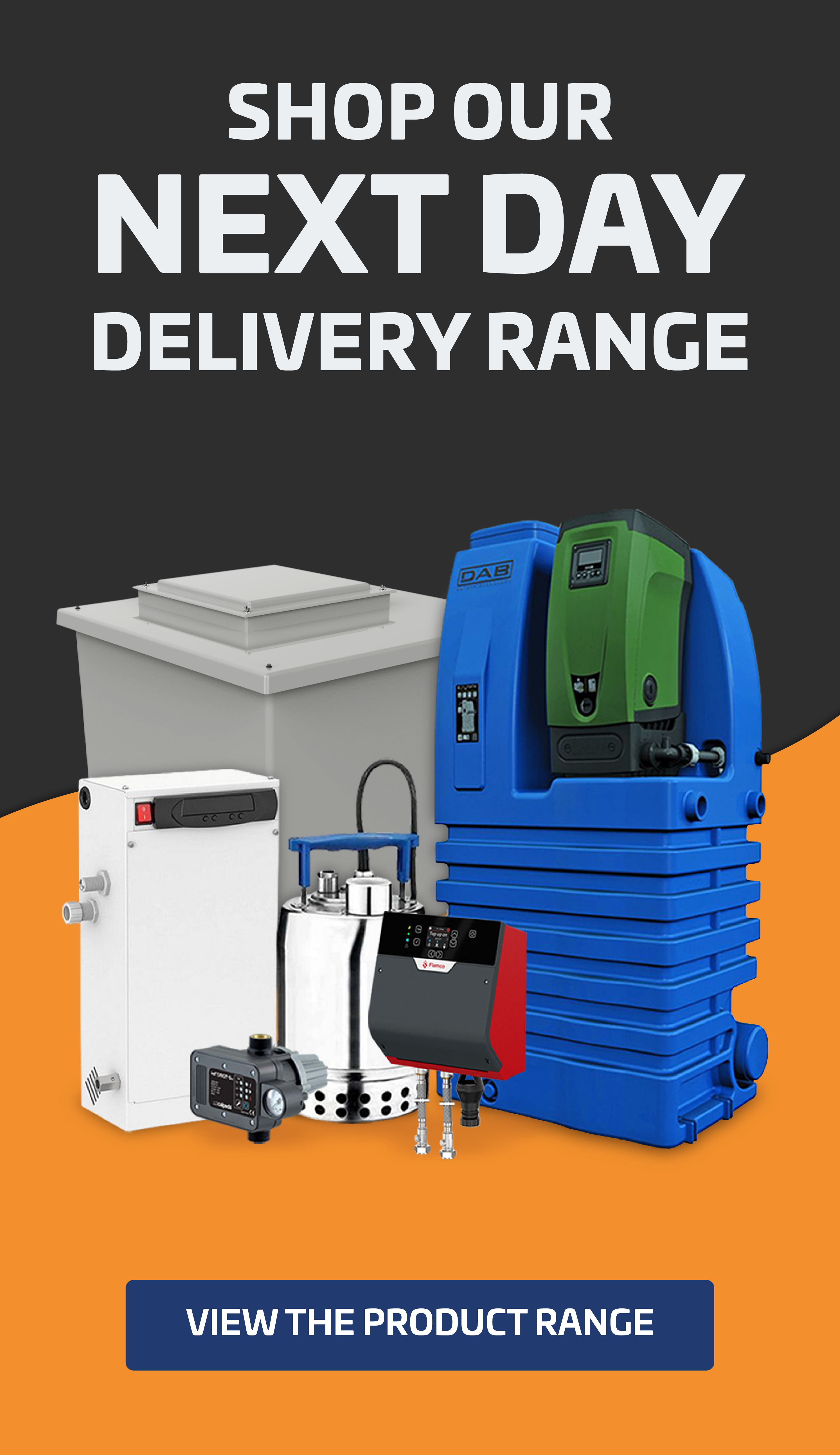Expansion Vessels
Complete Pump Supplies provides expansion tanks from carefully chosen companies - including Flamco, Reflex, Lowara, and Grundfos - to ensure our customers have the best, most efficient, and most reliable expansion vessel models to choose from, such as hot water expansion vessels and potable water expansion vessels.
Our Expansion Vessel range includes vessels for heating systems and potable water vessels and varieties in expansion vessel size from 2 litre for use in instantaneous water heater applications, all the way up to 1000 litres or more for use on commercial applications for heating systems, or for potable water applications.
- Up to 10 bar version with removable diaphragm suitable for heating, chilled water, and potable water.
- Up to 6 bar version with fixed diaphragm suitable for heating and chilled water.
When expansion tanks are used in domestic hot water (DHW) systems, the tank and the diaphragm must conform to drinking water regulations and must be capable of accommodating the required volume of water. In Europe the design and the construction of expansion tanks are ruled by EN 13831 according to Pressure Equipment Directive (PED) 97/23/EC.
Used to offer continuing protection to sealed hot water systems from excess pressure, expansion tanks are essential and must be regularly checked to ensure they are fit for purpose.
What’s the difference between heating expansion vessels and potable expansion vessels?
There are two main types of Expansion Vessels depending on what application you have. You will normally find a red vessel (Heating Vessel) to be used on a Sealed System Heating application whilst the most common use for a blue or white vessel (Potable Vessels) would be in a potable application such as an Unvented Water Heater or a Pumped System.
Potable expansion tanks are built from different materials than Heating expansion tanks to ensure that the water is contaminant-free and safe for human consumption.
How do expansion vessels work?
When the system is empty or at the low end of the normal range of working pressure, the diaphragm is pushed against the water inlet; as the water pressure increases, the diaphragm moves, compressing the air on its other side.
Heating Expansion Vessels
The purpose of an expansion tank is to compensate for the variation in the volume of water caused by a change in temperature within the heating system. For example, water heating up from 0C to 100C increases its volume by about 4.5% - and the expansion tank provides space to accommodate this increase. Complete Pump Supplies has a full range of tank sizes and heating expansion tanks in stock.
Potable Expansion Tanks
These cold expansion tanks/vessels provide potable water at a pre-defined pressure, regardless of boost pressure, in order to limit the pump insertions due to the pressurised air between the membrane and the internal surface of the tank. When the pressure increases, the air cushion compresses and allows water to fill the tank. Complete Pump Supplies has a full range of expansion tanks in stock now.
Why do expansion vessels have a rubber diaphragm?
The rubber diaphragm in modern expansion tanks prevents the undesired transfer of air, and helps maintain low levels of oxygen, reducing corrosion in the system. One side is connected to the pipework of the heating or potable system and therefore contains water. The other, the dry side, contains air under pressure, and normally a Schrader valve (car-tyre type valve stem) for checking pressures and adding air.
We have ensured that all expansion tanks supplied by us are manufactured in strict accordance with such standards as EN13831 and in compliance with relevant organisations such as the EC Pressure Equipment Directive (PED) and UK Water Regulations Advisory Scheme (WRAS).
-
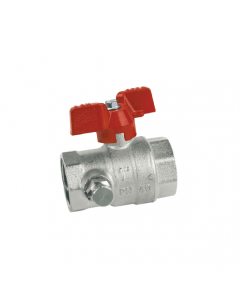

1” Combined Drain Off and Isolating Valve for POTABLE Expansion Vessels
Special Price £48.00 £40.00 Regular Price £96.00 £80.00SKU 3000248 -
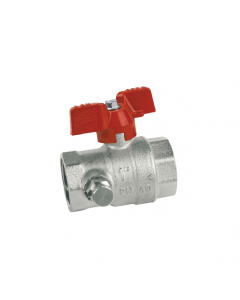

3/4” Combined Drain Off and Isolating Valve for POTABLE Expansion Vessels
Special Price £42.00 £35.00 Regular Price £84.00 £70.00SKU 3000247 -
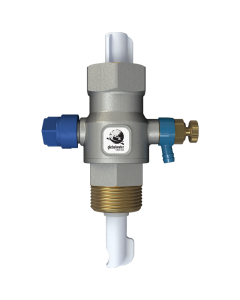

Global FlowThru inline Adaptor - 1" Connection
Special Price £58.20 £48.50 Regular Price £117.24 £97.70SKU IFP-100B -
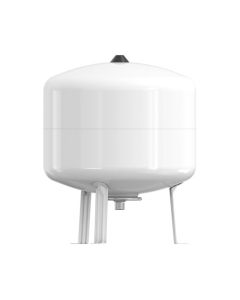

Flamco Flofix 35 Litre Potable Expansion Vessel
Special Price £192.00 £160.00 Regular Price £240.00 £200.00SKU 25794 -
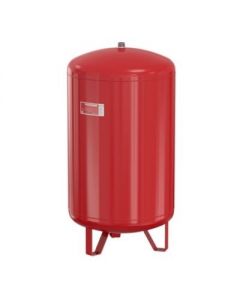

Flamco Flexcon 300 Litre Expansion Vessel - 10 bar
Special Price £1,025.71 £854.76 Regular Price £1,508.40 £1,257.00SKU 16293 -
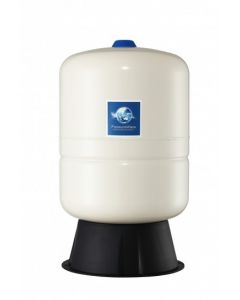

GWS PressureWave 35 Litre Potable Expansion Vessel - Vertical w/ Base - 1" BSP
Special Price £110.82 £92.35 Regular Price £161.44 £134.53SKU PWB-35LV -
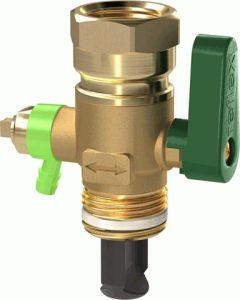

Altecnic 3/4" Flowjet Valve for Potable Water Systems
Special Price £38.40 £32.00 Regular Price £101.66 £84.72SKU PVACC1 -
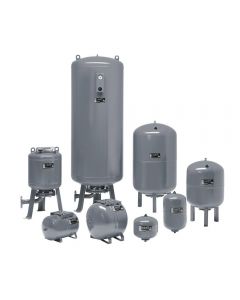

Grundfos GT-U 1000 Litre Potable Expansion Vessel - 16 Bar
Special Price £6,119.40 £5,099.50 Regular Price £8,742.00 £7,285.00SKU 96603428 -
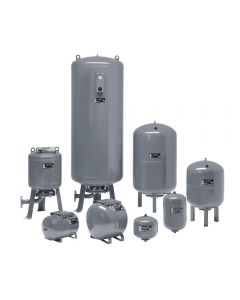

Grundfos GT-U 800 Litre Potable Expansion Vessel - 16 Bar
Special Price £5,518.80 £4,599.00 Regular Price £7,884.00 £6,570.00SKU 96603427 -
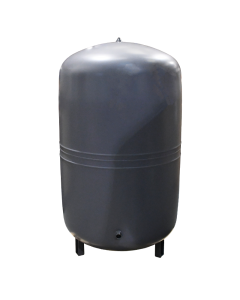

Grundfos GT-U 500 Litre Potable Expansion Vessel - 16 Bar
Special Price £2,411.64 £2,009.70 Regular Price £3,445.20 £2,871.00SKU 96603425 -
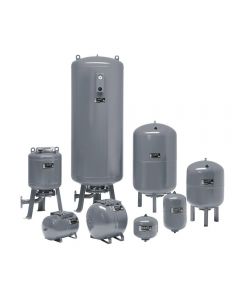

Grundfos GT-U 400 Litre Potable Expansion Vessel - 16 Bar
Special Price £2,016.84 £1,680.70 Regular Price £2,881.20 £2,401.00SKU 96603424 -
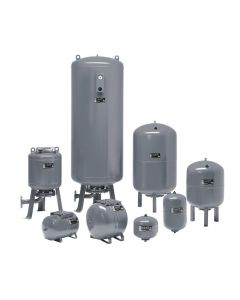

Grundfos GT-U 300 Litre Potable Expansion Vessel - 16 Bar
Special Price £1,879.92 £1,566.60 Regular Price £2,685.60 £2,238.00SKU 96603423 -
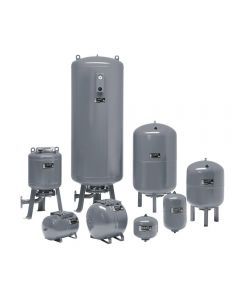

Grundfos GT-U 200 Litre Potable Expansion Vessel - 16 Bar
Special Price £1,699.32 £1,416.10 Regular Price £2,427.60 £2,023.00SKU 96603422 -
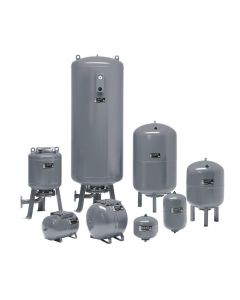

Grundfos GT-U 100 Litre Potable Expansion Vessel - 16 Bar
Special Price £1,004.64 £837.20 Regular Price £1,435.20 £1,196.00SKU 96603421 -
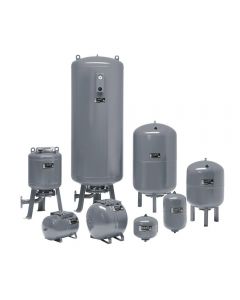

Grundfos GT-U 80 Litre Potable Expansion Vessel - 16 Bar
Special Price £952.56 £793.80 Regular Price £1,360.80 £1,134.00SKU 96603420 -
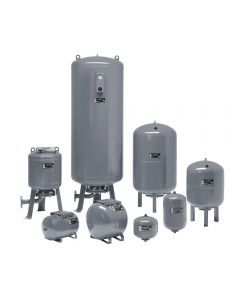

Grundfos GT-U 25 Litre Potable Expansion Vessel - 16 Bar
Special Price £148.68 £123.90 Regular Price £212.40 £177.00SKU 96573349 -
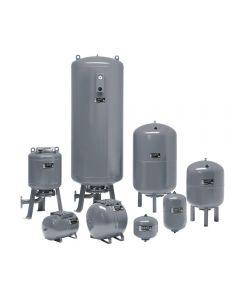

Grundfos GT-U 12 Litre Potable Expansion Vessel - 16 Bar
Special Price £99.12 £82.60 Regular Price £141.60 £118.00SKU 96573348 -
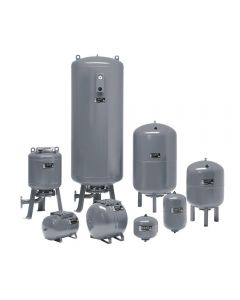

Grundfos GT-U 1000 Litre Potable Expansion Vessel - 10 Bar
Special Price £5,132.40 £4,277.00 Regular Price £7,332.00 £6,110.00SKU 96603453 -
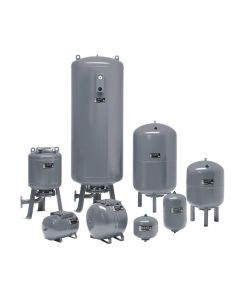

Grundfos GT-U 800 Litre Potable Expansion Vessel - 10 Bar
Special Price £4,635.12 £3,862.60 Regular Price £6,621.60 £5,518.00SKU 96603452 -
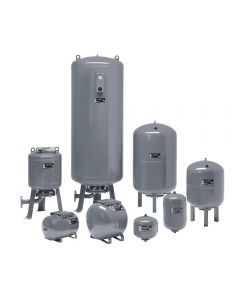

Grundfos GT-U 600 Litre Potable Expansion Vessel - 10 Bar
Special Price £3,827.88 £3,189.90 Regular Price £5,468.40 £4,557.00SKU 96603451






